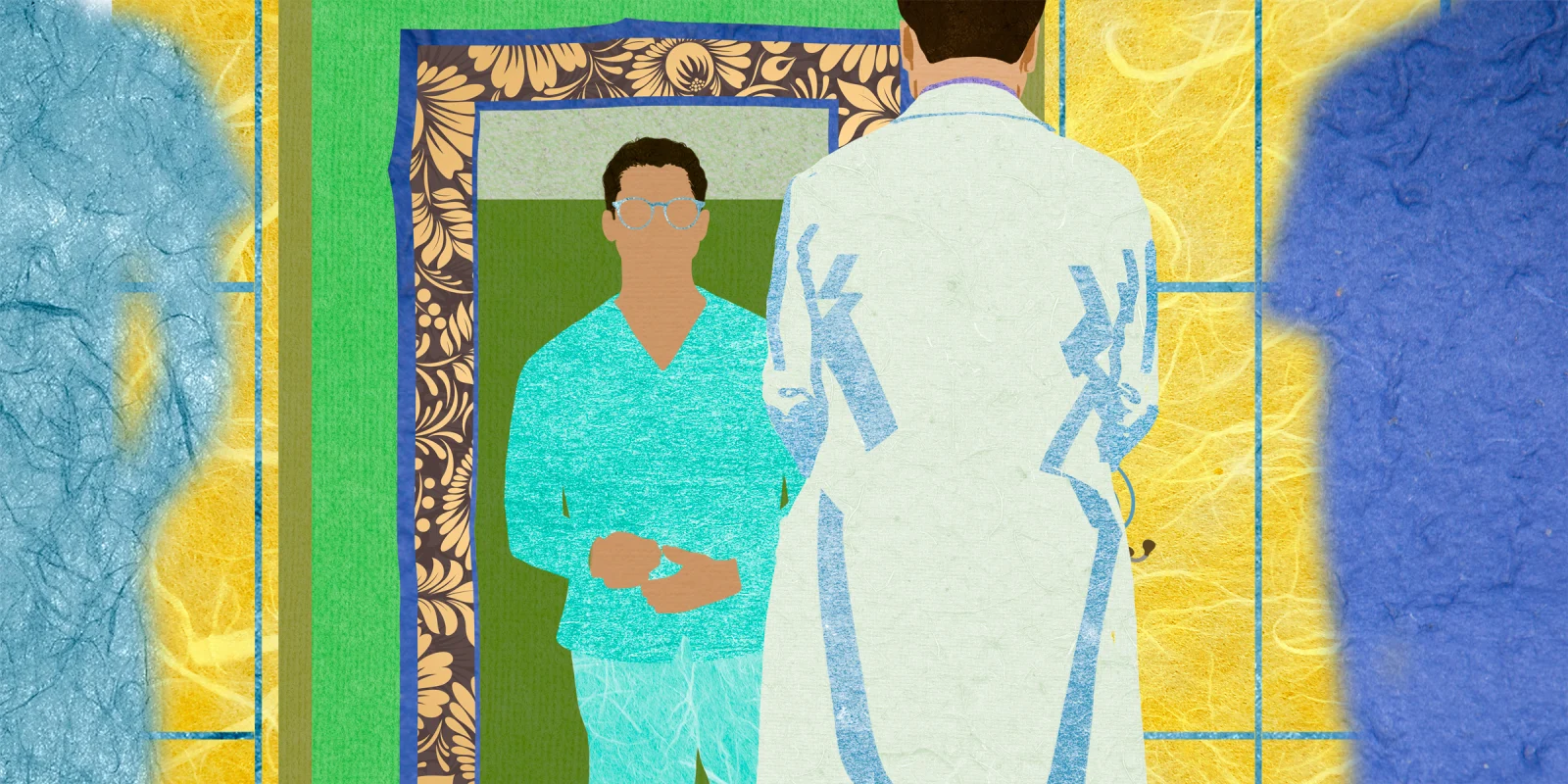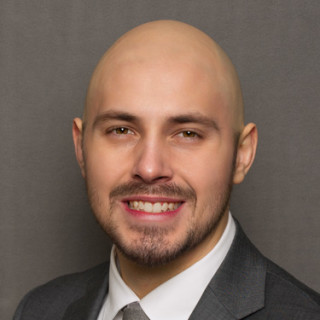My first patient encounter as a third-year medical student took place in August of 2020. At the time, SARS-CoV-2 was rampant across the U.S. and the COVID-19 pandemic was in full swing. Fortunately, the community I was in had a relatively tame number of cases, and so my medical school was able to resume most in-person clinical experiences.
The family medicine clinic I was assigned to was in a low-income community with many rundown homes and roads and several vacated businesses. The doctor who ran the clinic had moved to this location many years ago. He previously worked at a different practice in a busy, urban setting. Many of the patients I saw during my monthlong tenure at the clinic told me they had followed this doctor to his new clinic, even though the commute was roughly 30 minutes longer. In other words, this doctor’s patients loved him; his reputation and relationships validated years of hard work, trust building, and empathetic care. Truly, he was an exceptional model and a great preceptor for me to have as I began my clerkship training during a global health crisis.
The first patient I saw came to the clinic for nothing more than a routine blood pressure check and hypertension medication adjustment. His medical history was complicated by years of uncontrolled Type 2 diabetes, obesity, and hypertension, as well as recent bouts of anxiety and depression secondary to the COVID-19 pandemic. Although I always felt strongly about my H&P exam skills, I was at a slight loss as to how I would go about managing his condition.
Truthfully, I felt stuck.
Thus far in my young medical career, I had become acquainted with the many logarithms of disease pathology, diagnosis, and “next best step” management schemes. Having obtained sufficient scores in the first round of allopathic and osteopathic exams hosted by the NBME, I felt confident in applying my medical knowledge to real-world scenarios.
This patient’s presentation, however, had me second-guessing my confidence: These two medications did not work. The patient had bad diarrhea on that medication. Going to the gym right now is not possible in his case. If he takes this medication, it may make his other conditions worse. What should I do? What do I tell him?
For the first time in medical school, I truly felt like a phony — an impostor.
All the time I spent studying and working to make it through my first two years of medical school are now being put to waste.
Or so I thought. I learned much about myself and about impostor syndrome that August. At the end of the rotation, my preceptor encouraged me to continue my path and not to be so hard on myself.
In 2016, researchers in the U.S. published a pilot study in the International Journal of Medical Education discussing impostor syndrome and burnout among medical students. Impostor syndrome, they stated, is characterized by repeated feelings of “self-doubt” and the inability to “internalize a sense of accomplishment, competence, or skill … despite evidence of abilities.” According to the study, nearly a quarter of male medical students and half of female medical students experience impostor syndrome, which is associated with increasing rates of physician burnout and mental health complications such as depression.
In recent years, many researchers have discussed the existence of a range of types of impostor syndrome, which vary based on predominating features. Author Melody J. Wilding outlined her understanding of the different types of impostor syndrome on The Muse.
She suggested there are five types of impostor syndrome: the perfectionist, the superwoman/man, the natural genius, the soloist, and the expert. Perfectionists must be always right and in control; superwomen/men must push themselves to work harder than anyone else to cover up any insecurities; natural geniuses must get things right on the first try, and consider themselves incompetent if things do not come to them easily; soloists are highly independent and feel shame in asking for help; experts, finally, measure themselves based on their knowledge content and feel they can never know enough.
Rarely does somebody with impostor syndrome experience any one of these phenomena alone. People’s experiences tend to be on a spectrum, fluidly shifting between forms in predominance.
I learned that I very well could have been experiencing impostor syndrome last August. However, the more clinical experience I have gained over this past year of medical school, the more I have become comfortable with accepting my limitations. And I have continued to do the best I can in my clinical work and academic studies. As I move forward in my career, I hope to encourage medical students the way my preceptor encouraged me.
So, am I an impostor? Not anymore: I am meant to be where I am, and I will continue to strive forward with my career in medicine.
How has your medical education challenged your self-understanding? Share your experiences in the comment section.
Casey P. Schukow is a fourth-year medical student at Michigan State University College of Osteopathic Medicine. In his free time, Casey enjoys writing, reading, exercising, and conversing with his family and loved ones.
Illustration by Jennifer Bogartz







